Rolfing® Therapy Chattanooga
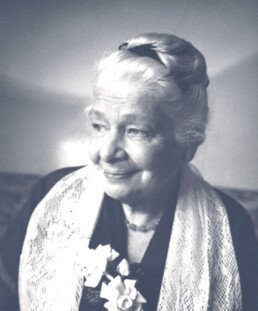
What is Rolfing Structural Integration?
In the 1970s, American biochemist Dr. Ida P. Rolf developed Structural Integration, a form of holistic bodywork that reorganizes a type of connective tissue, called fascia, that runs throughout the entire body. After Dr. Rolf’s death, her students coined the term Rolfing as an homage to her.
By manipulating connective tissues, RolfingⓇ Structural Integration naturally releases and realigns the body so that it can return to structural balance in gravity. These changes take place over 10 sessions of client-focused interactive hands-on bodywork, called the RolfingⓇTen-Series.
What is the Rolfing Ten-Series?
During each session, the practitioner focuses on a specific region of the body and works to free tension or restricted motion in that area to improve the performance of the body as a whole.
What Are the Benefits of Structural Integration?
If you want to be more physically adaptable, to be able to breathe fully with ease and experience less pain, Rolfing® Structural Integration might be the answer. Here are seven ways that Structural Integration can benefit you:
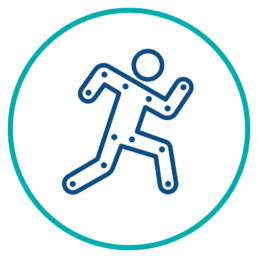
1. Mobility
RolfingⓇ can resolve unhealthy patterns in your body’s fascial network. After RolfingⓇ, fascia and muscle layers glide more freely on each other and joint mobility is enhanced. As a result, mobility and flexibility are promoted throughout the body. Range of motion increases, and movement becomes smoother and more graceful.
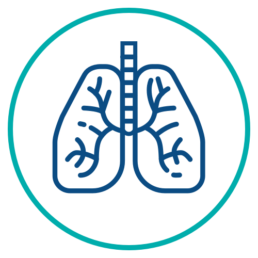
2. Breathing
One of Rolfing’s objectives is to free your breathing. A complete and deep inhalation should be effortless. Exhalation should be relaxed and allow you to let go. In order to breathe freely, Rolfing focuses on enhancing thoracic mobility and allowing each breath to spread throughout the entire body. You will learn to experience your body through the breath and to feel the life within you!
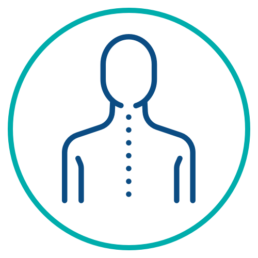
3. Posture
Strain and discomfort in the body resulting from tensional imbalances and movement impairments can be relieved through Rolfing. This is how back pain, painful tension in the neck and shoulders, headaches, as well as hip, knee, and foot discomfort can be alleviated and resolved.
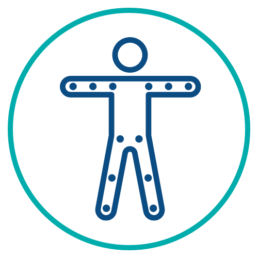
4. Balance and Stability
As your body develops an upright posture and enhanced mobility, you will experience a feeling of being lighter overall. Balance improves and complicated movements are easier. You will notice how movement anywhere in the body affects the entire body.
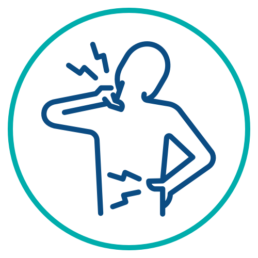
5. Reduced Pain
Strain and discomfort in the body resulting from tensional imbalances and movement impairments can be relieved through Rolfing. This is how back pain, painful tension in the neck and shoulders, headaches, as well as hip, knee, and foot discomfort can be alleviated and resolved.
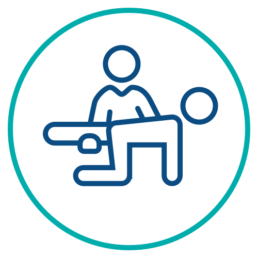
6. Proprioception
Propioception is the awareness of body position and movement. Enhanced proprioception leads to increased body awareness, which is one key to Rolfing’s long-term beneficial effects. Proprioceptive learning is promoted through the Rolfer’s manual work, verbal instructions and guided movements. Unlike massage and chiropractic care, a Rolfing session requires your active participation for maximum benefit. You will learn to be aware of inefficient patterns and how to quickly identify and eliminate bad habits.
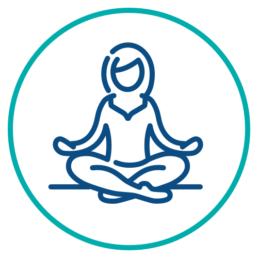
7. Well-Being
Body and mind cannot be separated. This becomes clear over and over during Rolfing sessions. Freer breathing and more opening of the rib cage also implies more openness toward our environment and other people. An increased feeling of stability and support through the ground provides an enhanced sense of security and centeredness. Rolfing clients report more energy overall, more balance in difficult situations, more self-assurance, and an ability to display their inner selves more confidently
Rolfing® Structural Integration | 75 min session
Rolfing® Structural Integration is a powerful modality for addressing chronic pain conditions, surgical and traumatic injury recovery, and for boosting athletic performance. Work is performed as a series of 10 bodywork sessions treating the body from head to toe by systematically releasing fascial planes and joints. The integrative nature of this work includes movement education and experiential practices.
